Cities
Where You Live Affects How You Sleep—These 10 Cities Prove It

A good night’s sleep depends on the environment you’re in. Noise pollution, air quality, and even local culture can make or break your sleep cycle. These 10 cities have set up their environments for better rest, proving that where you live can be just as important as how you sleep.
Helsinki

Finland’s capital, Helsinki, takes active steps to reduce noise pollution through initiatives like its Noise Abatement Action Plan, including anti-noise coatings and lower speed limits. While comprehensive data comparing noise levels across European cities is limited, these efforts contribute to a quieter urban environment.
Zurich

Good air quality helps with deeper sleep, and Zurich’s strict environmental policies keep pollution levels low year-round. The abundance of green spaces reduces stress and promotes relaxation before bedtime. With a culture that values work-life balance, residents tend to prioritize rest over late-night socializing.
Tokyo

Japan is known for its hustle culture, and Tokyo has adapted by incorporating short naps into daily life. The city features innovative sleep pods and quiet cafes designed for rest, offering residents opportunities to recharge. However, despite these efforts, Japan continues to struggle with widespread sleep deprivation, with many residents averaging less than six hours of sleep per night.
Copenhagen

Denmark’s capital has cultivated a culture of comfort and relaxation. The Danish concept of “hygge” encourages cozy, stress-free environments that promote well-being. Copenhagen isn’t completely silent, but it still feels calm—especially compared to bigger, busier cities. Homes are designed with warm lighting and soft textures, and locals prioritize quality time indoors.
Stockholm
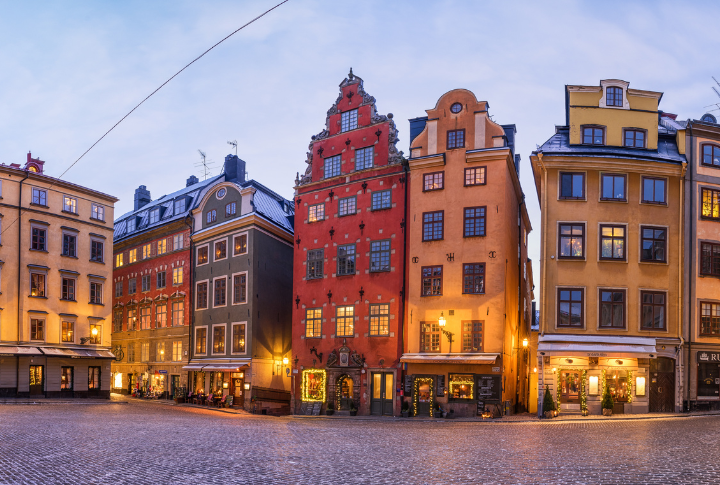
Stockholm has extremely long summer days and equally dark winters but has adjusted to support healthy sleep. During summertime, blackout curtains are common, and in the winter, people use light therapy to keep their circadian rhythms on track. They even promote biking and outdoor activities, helping the body to tire naturally.
Singapore
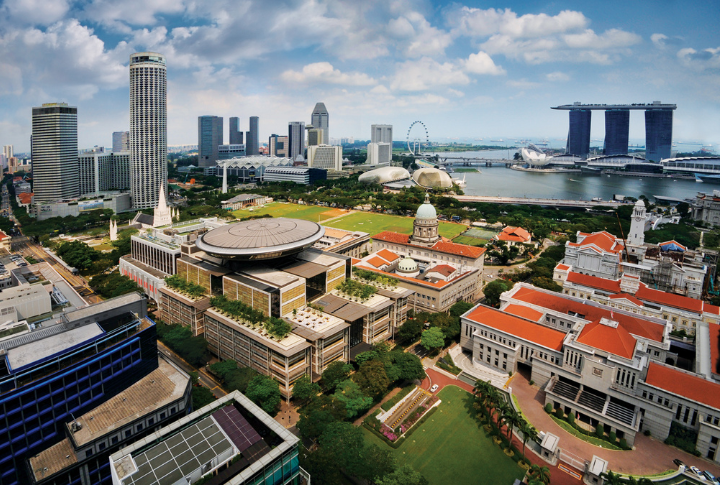
Technology plays a significant role in enhancing Singapore’s living environment. Noise barriers along major roads help reduce urban noise, while modern infrastructure supports cleaner and more comfortable indoor spaces. Some buildings incorporate smart lighting that mimics natural sunlight, and the city’s commitment to green spaces provides plenty of quiet spots for relaxation.
Vienna
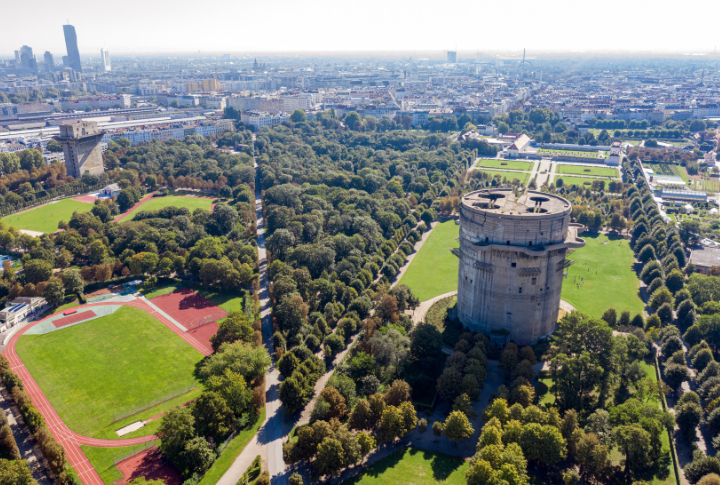
A quiet sleep environment is easier when traffic stays away from residential areas. Vienna’s public transportation system is so efficient that fewer people rely on cars, keeping streets quieter at night. The city’s strict noise rules mean residents actually get to enjoy some peace and quiet at night.
Reykjavik
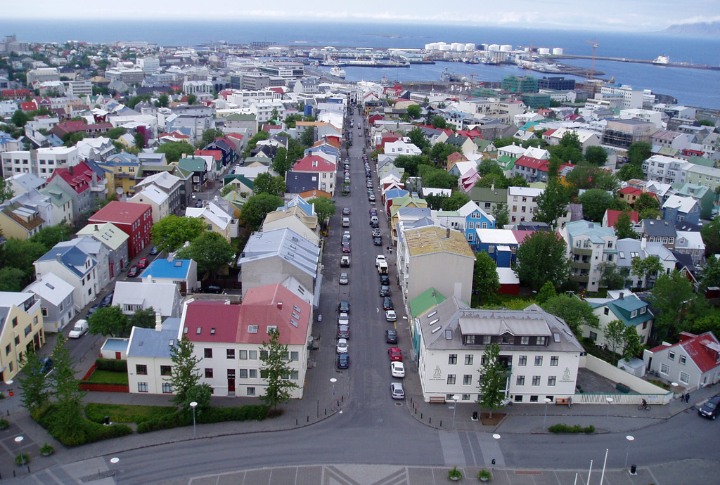
Reykjavik benefits from some of the cleanest air on the planet, thanks to its reliance on geothermal energy. While the city experiences traffic noise, its slower pace and strong connection to nature create relaxation opportunities. Icelanders also embrace hot spring baths before bed, a ritual that promotes deep muscle relaxation and can contribute to better sleep.
Amsterdam
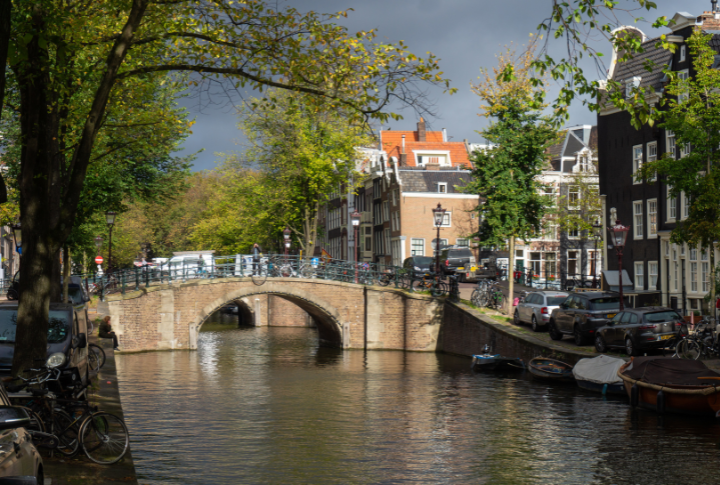
Staying active is key to good sleep, and in Amsterdam, biking everywhere makes that effortless. Walkable neighborhoods create a sense of calm, while car traffic is significantly lower than in other major cities. With stress levels naturally lower, falling asleep at night comes more easily for most residents.
Melbourne
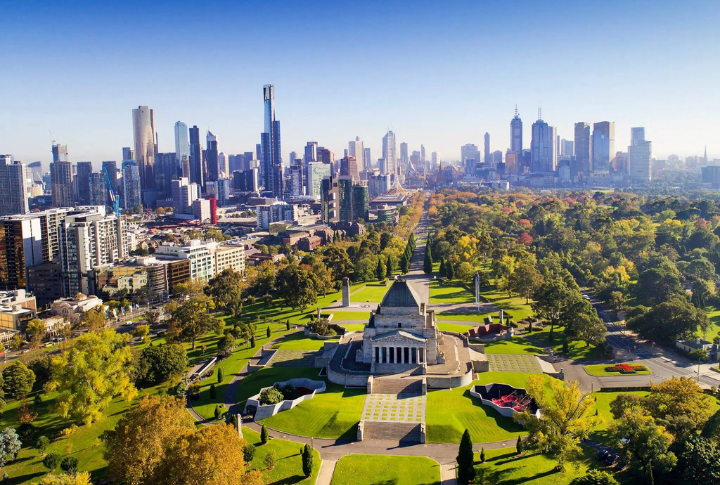
Melbourne’s abundance of parks and gardens helps people unwind peacefully. The city also has strict rules about nighttime construction and loud music, so residents can actually enjoy some peace and quiet. And with some of the best air quality in Australia, sleeping deeply is much easier here.

